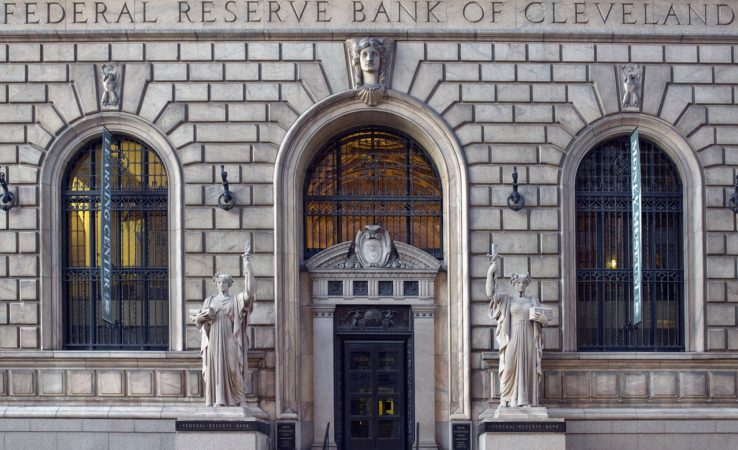TLDR
- Bank of England considers stablecoin cap exemptions for crypto exchanges.
- UK faces pressure to align stablecoin rules with the U.S. GENIUS Act.
- Stablecoin use in the Bank of England’s Digital Securities Sandbox allowed.
- Bank of England signals support for stablecoins amid growing industry demands.
The Bank of England (BOE) is set to adjust its stance on corporate stablecoin holdings, amid growing concerns from the crypto industry. After initial plans to impose strict limits on stablecoin holdings, the BOE now intends to offer exemptions for certain entities. This shift comes as the UK faces increasing pressure to align its regulations with those of the U.S., which has recently passed new stablecoin legislation.
Bank of England’s Revised Approach to Stablecoin Limits
The Bank of England’s initial proposal included stringent caps on the amount of stablecoins individuals and businesses could hold. For individuals, the proposed cap was £20,000, while businesses could hold up to £10 million in stablecoins. These measures were introduced to regulate the growing use of digital currencies, particularly stablecoins, within the UK’s financial ecosystem.
However, following feedback from industry stakeholders and mounting concerns, the BOE has decided to reconsider its approach. According to a Bloomberg report, the central bank plans to introduce exemptions for certain businesses, such as crypto exchanges.
These companies need to hold larger amounts of stablecoins to facilitate trading and operations. In addition, the BOE will allow stablecoins to be used as settlement assets in its Digital Securities Sandbox, providing a more flexible framework for their integration.
The UK’s Response to Industry Concerns
The proposed stablecoin holding limits have drawn significant criticism from the crypto sector. Industry players argue that the caps could stifle innovation and push the UK further behind other global markets, especially the U.S. Recently, the U.S. introduced the GENIUS Act, which sets clear rules for dollar-backed stablecoins. The UK’s stricter regulations were seen as potentially disadvantageous in comparison.
To address these concerns, the BOE has indicated a willingness to soften its stance. Governor Andrew Bailey stated that the central bank does not oppose stablecoins in principle. Instead, he emphasized the importance of ensuring that stablecoins meet the conditions necessary to maintain public trust. Bailey’s comments suggest a more balanced approach, acknowledging the potential benefits of stablecoins while also ensuring that their use is properly regulated.
Potential Exemptions for Crypto Exchanges and Other Firms
The BOE’s plan to issue waivers for businesses, particularly crypto exchanges, is seen as a positive development for the industry. These companies play a key role in the stablecoin market and often need to hold substantial amounts of stablecoins to conduct transactions and offer services. By providing exemptions, the BOE aims to support the growth of the sector while maintaining appropriate safeguards.
Furthermore, the inclusion of stablecoins in the Digital Securities Sandbox could lead to greater experimentation and innovation in the financial sector. The sandbox allows companies to test new technologies in a controlled environment, which could foster further advancements in stablecoin and digital asset adoption.
The Global Push for Stablecoin Regulation
The Bank of England’s decision to adjust its stablecoin policies also reflects a broader global trend. Countries around the world are working to establish clear and effective regulations for digital assets, especially stablecoins. The U.S. has been at the forefront with the recent passing of the GENIUS Act, which aims to provide a regulatory framework for dollar-backed stablecoins.
In comparison, the UK’s regulatory approach has been more cautious, with some observers suggesting that the country could risk losing its competitive edge in the global crypto market. By introducing exemptions and offering a more flexible regulatory environment, the Bank of England hopes to ensure that the UK remains an attractive destination for crypto innovation.
The Future of Stablecoin Regulation in the UK
As the consultation on stablecoin limits approaches, the Bank of England is likely to further refine its policies. The BOE’s revised stance reflects a desire to strike a balance between regulation and innovation. It also signals the central bank’s recognition of the growing role that stablecoins and other digital assets play in the global financial system.
With continued developments in the global regulatory landscape, the UK will need to carefully consider how to manage the growth of stablecoins while maintaining financial stability and public trust.







